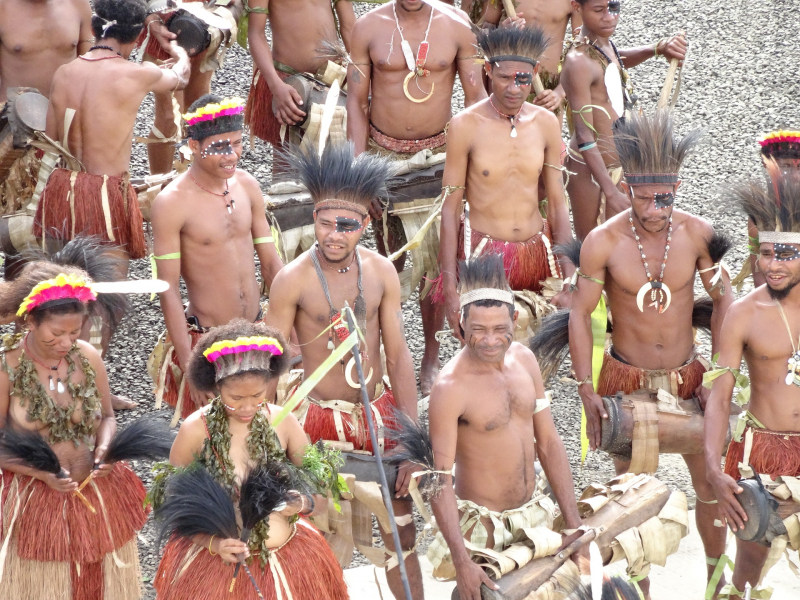Afraid of many strange things
Many of these "non-contact" tribes had been in contact with the outside world since the last century. But unfortunately, contact with humans causes many outbreaks of diseases that threaten the lives of their tribe, making them wary. In fact, science in civilization, medicine in the outside world are very advanced. This makes diseases like measles, or tuberculosis be a common infectious disease, which is now completely curable.
The basics of modern life are new and strange to them. Early humans were born, everyone was a blank sheet of paper. If no one is raised in a developed environment, then no one will enjoy the consequences of civilization. Just like that, from generation to generation, the ancestors of the tribes could not pass on the civilized world out there to their descendants, and they also grew up with the same material and spiritual life as their ancestors. The tribes that are not exposed are indigenous people who avoid all contact with outsiders. They are not primitive and backward relics of a distant past, they are our contemporaries and a vitally important part of human diversity. But their survival is threatened by violence, disease and racism. This is a consequence of the fact that many groups of people have avoided, or even brutally denied, contact with the outside world. It becomes a vicious circle without end.






